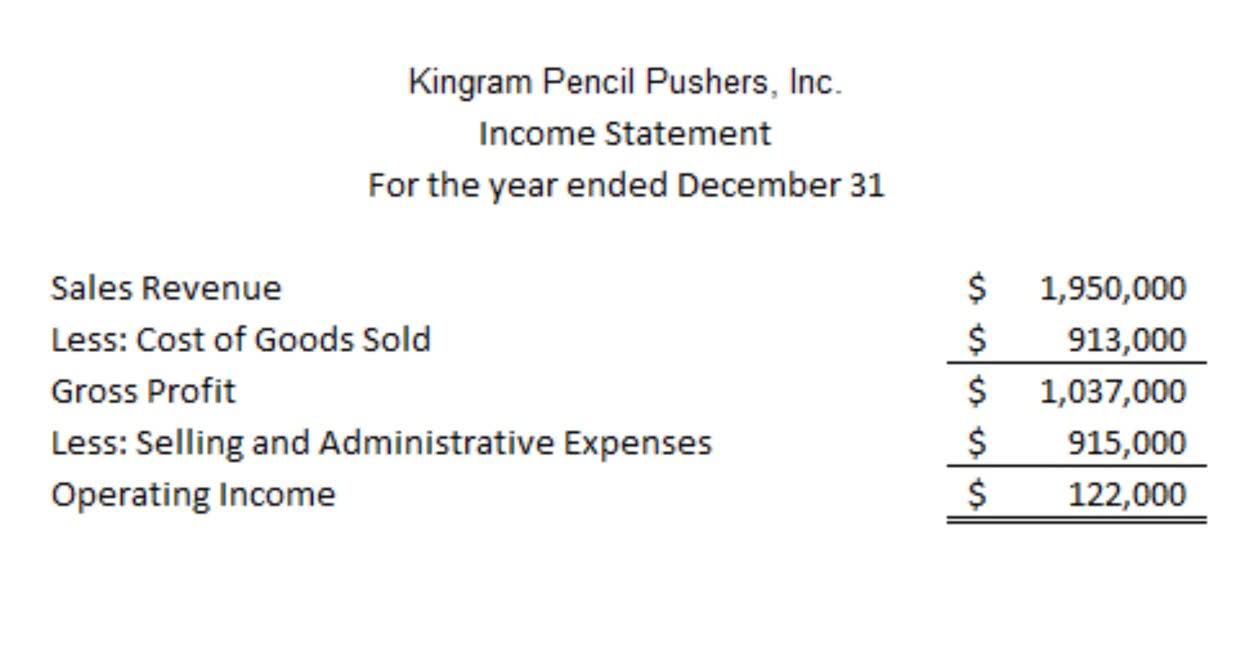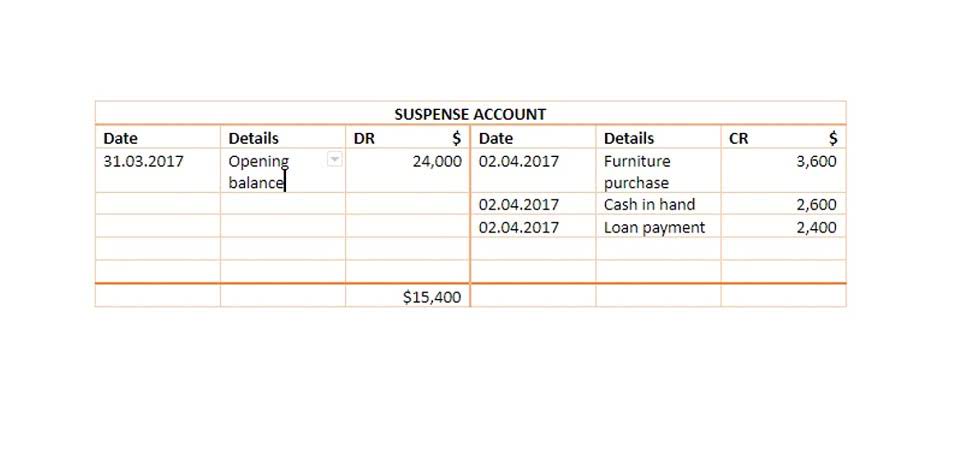What is Bookkeeping? 2025 Business Owner’s Guide
三月 21, 2022 3:16 pm

Pick tools that support growth and make record-keeping simple while keeping data accurate. Small businesses may need only basic bookkeeping software like QuickBooks Online or FreshBooks for cash flow tracking. They forecast future revenues, costs, and cash flow to plan budgets and investments.
- If you are a startup business owner or running a small business, then you can hire a bookkeeper to organize your records and manage cash flow.
- One ensures the financial engine runs smoothly day-to-day, while the other acts as a strategic advisor, guiding the business toward its financial goals.
- This collaboration helps accountants make informed recommendations and strategic decisions based on financial analysis.
- If you don’t feel comfortable with a freelancer, there are many firms that offer bookkeeping services as well.
How to Become a Certified Tax Preparer in Canada

It integrates financial reporting standards such as GAAP in the U.S. and IFRS globally, ensuring consistency and comparability in financial disclosures. These frameworks dictate recognition, measurement, and presentation of financial elements, influencing corporate governance and investor confidence. For example, IFRS 15 establishes revenue recognition principles based on performance obligations, affecting industries with long-term contracts such as construction and software development. Bookkeepers and accountants work with multiple tasks, deadlines, and priorities. Effective time management and organizational skills are crucial to ensuring that financial tasks are completed accurately and on time. They should be able to https://www.bookstime.com/ prioritize tasks, meet deadlines, and manage their workload efficiently to avoid delays and ensure smooth financial operations.
- They can also help ensure your business complies with financial regulations.
- Yet as mentioned earlier, they serve the business in different stages of the financial process.
- They use financial data to inform critical decisions, from pricing strategies to investment opportunities.
- Accountants can pursue optional licenses, including the certified public accountant (CPA) and certified management accountant (CMA) designations.
Strategies for Effective Financial Management

Strong problem-solving and necessary thinking abilities enable them to troubleshoot discrepancies, resolve financial problems, and bookkeeping accountants contribute to sound decision-making. Technology has introduced robust security measures to safeguard financial data. Cloud-based accounting platforms often employ advanced encryption, multi-factor authentication, and regular backups to ensure data security and protection. Cloud-based accounting systems allow multiple users to access and update financial data simultaneously, enabling real-time collaboration and eliminating the need for manual data sharing.

Bookkeeping vs Accounting Salary: Who Earns More?
They’re in charge of balancing the books, which means carefully recording and monitoring assets, liabilities, and equity. Accountants often hold certifications like CPA, which require passing exams and ongoing education. Bookkeepers do not usually need certifications, but some may earn bookkeeping credentials. Bookkeepers often use easy-to-learn software like QuickBooks Online, Xero, and FreshBooks. Handling tax preparation needs careful record review and up-to-date tax knowledge. Accountants often use software to organize data and generate reports quickly.

Managing Accounts Receivable and Accounts Payable
The main difference between bookkeeping and accounting lies in their scope and analysis level within an organization’s financial management process. Bookkeeping is a subset of accounting and primarily focuses on the systematic recording and organization of financial transactions. On the other hand, accounting encompasses a broader range of activities, including interpreting, analyzing, and summarizing income statement financial data to generate meaningful insights for decision-making. CPAs are competent to perform audits legally and represent clients before the IRS. Also, they can provide specialized tax advice and can also prepare complex tax returns. An understanding of bookkeeper vs accountant vs CPA will guide you on which professional to hire for your business’s financial needs.
- Accountants often pursue the Certified Public Accountant (CPA) designation, which requires passing an exam, meeting education requirements, and gaining work experience.
- We offer expertise in both bookkeeping and accounting, ensuring accurate record-keeping and insightful financial analysis.
- Accounting uses that data to evaluate a business’s financial health and make informed decisions.
- The BLS projects employment of accountants and auditors will grow 6 percent from 2023 to 2033, faster than the average for all occupations.
Understanding the Scope of Accounting Services
- Some of the key tasks for accountants include tax return preparation, conducting routine reviews of various financial statements, and performing account analysis.
- Common certifications include Certified Bookkeeper (CB) or QuickBooks ProAdvisor.
- Through this article, you will understand the clear differences between bookkeeping and accounting, and can also explore the bookkeeper vs accountant difference to understand how both are unique.
- Segregation of duties ensures that no single employee handles both cash receipts and bank reconciliations, reducing the risk of misappropriation.
- They use bookkeeping software or spreadsheets to ensure every dollar is accounted for.
- Keeping organized financial records, including receipts and payroll documents, supports audits and helps the business run smoothly.
Larger companies with internal accounting staff might only require an external accountant for specialized tasks like audits or tax planning. Perhaps one of the most valuable aspects of cloud-based financial management is its robust disaster recovery capabilities. Modern cloud solutions automatically back up your financial data regularly, ensuring that no transaction or record is ever truly lost. If a system failure occurs, quick recovery options get you back to business fast. This automatic protection against data loss means your financial records remain safe and accessible, regardless of what happens to your local hardware. With real-time access to financial data, both professionals can view and update information simultaneously, eliminating the delays and confusion that often came with traditional file sharing.
最新消息
-
Ontdek hoe je de registratiebonus bij B7 Casino ontvangt
-
Balloon by SmartSoft: An In-Depth Review for Indian Players
-
Sweet Bonanza Candyland live : l’expérience en direct
-
Ontdek de Manieren om Gratis Spins te Krijgen bij FGFOX voor Nederlandse Spelers
-
Recensione del Gioco da Casino Online “Pirots X” di ELK Studios



